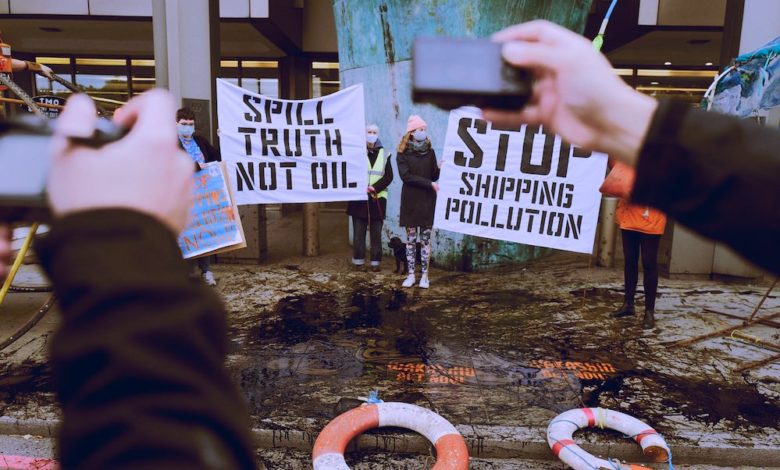Opposing teams line up for next week’s MEPC

The eighty-first session of the Marine Environment Protection Committee (MEPC) will take place next week where the focus will be on developing legally-binding measures to ensure last year’s milestone agreement to phase out greenhouse gases (GHG) from shipping by 2050 is made possible.
The task at hand is to translate the net-zero by 2050 “ambition” of last year’s diplomatic agreement into concrete action with plenty of competing visions on how this can be achieved.
At this week’s preliminary GHG talks at the International Maritime Organization (IMO) ahead of MEPC small island states ramped up pressure for the adoption of a global carbon price on international shipping.
From this week’s interventions at the IMO, it has become clear that 31 countries across the Pacific and the Caribbean, as well as from Africa, supported a price on all GHG emissions from shipping, including 17 countries backing explicitly the highest ambition proposal for a $150 levy per tonne of GHG emissions
Seventeen countries, including China and countries in South America, continue to favour a weaker and more complicated mechanism that serves as a fee for non-compliance. Many countries remain undecided.
This represents a huge increase in numbers of countries supporting the emission price since last year, while the opposing group remains roughly stable.
The IMO agreed to adopt some form of emission price in 2025, as part of its revised strategy adopted last year. The goal is to help close the price gap between fossil fuels and green energy, and use the revenue generated in this process for an equitable transition.
Emission pricing is negotiated as part of a basket of different measures as an economic measure, intended to deliver emission cuts agreed last year: 30% by 2030, 80% by 2040, to reach zero by 2050. The basket also includes a technical measure to incentivise the use of clean energy on ships.
“Next week’s International Maritime Organization’s MEPC81 is one of the most important events of the year to secure the urgently needed measures to decarbonize global shipping,” commented Vincent Clerc, the CEO of Danish shipping giant Maersk, in a post on LinkedIn.
“We need to close the price gap between green and fossil fuels – right now with a financial mechanism effectively levelling out the price difference between green and fossil fuels and rewarding the right fuel choices,” Clerc argued, adding that a well-to-wake approach that is science-based will also be required.
Splash will be bringing readers key outcomes from MEPC next week.
